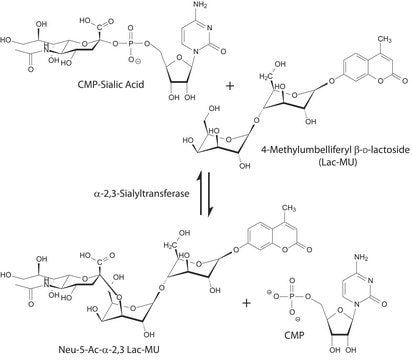T3073
Tissue Preparation Solution
30 mL sufficient for 1,000 extractions
Synonym(s):
Direct PCR tissue preparation solution, Extract-N-Amp™ Tissue Preparation Solution, REDExtract-N-Amp™ Tissue Preparation Solution, SYBR® Green Extract-N-Amp™ Tissue Preparation Solution
About This Item
Recommended Products
Quality Level
usage
30 mL sufficient for 1,000 extractions
sufficient for 1000 reactions
shipped in
wet ice
storage temp.
−20°C
General description
Application
- in combining segments of tails for genotyping
- to extract genomic DNA from zebrafish embryos/fin tissues
- to extract DNA from ear tags, tail tips and embryonic yolk sacs of mouse embryo
- for extraction of DNA from fungal spores and mycelia
Legal Information
related product
Signal Word
Danger
Hazard Statements
Precautionary Statements
Hazard Classifications
Eye Irrit. 2 - Resp. Sens. 1 - Skin Irrit. 2 - STOT SE 3
Target Organs
Respiratory system
Storage Class Code
10 - Combustible liquids
WGK
WGK 1
Flash Point(F)
Not applicable
Flash Point(C)
Not applicable
Choose from one of the most recent versions:
Certificates of Analysis (COA)
Don't see the Right Version?
If you require a particular version, you can look up a specific certificate by the Lot or Batch number.
Already Own This Product?
Find documentation for the products that you have recently purchased in the Document Library.
Customers Also Viewed
Our team of scientists has experience in all areas of research including Life Science, Material Science, Chemical Synthesis, Chromatography, Analytical and many others.
Contact Technical Service
















